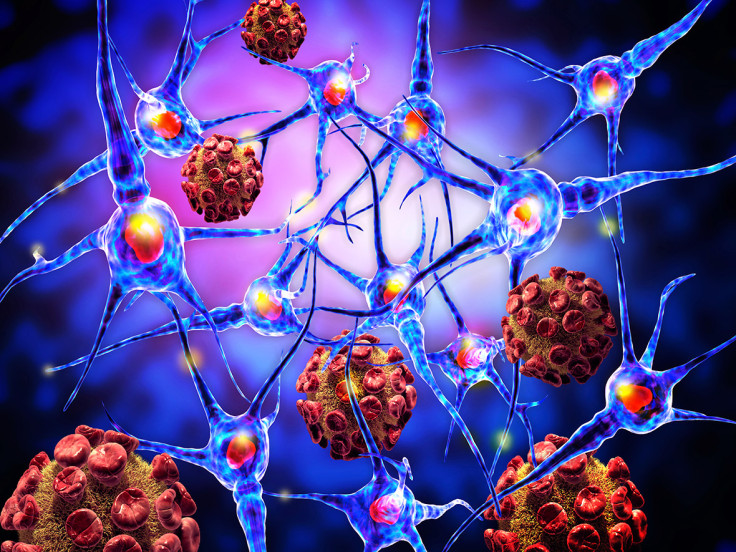Multiple Sclerosis: 'Miracle' stem cell and chemo cure helps paralysed MS patients to walk

A cure for multiple sclerosis has been hailed as a "miracle", as paralysed patients walk again. Stem cells and chemotherapy have been used in MS sufferers to restore their immune system to a time before they developed the condition.
Twenty MS patients have been treated with the new therapy, which is an adaptation of a popular treatment for cancer. Experts say that all of these people have seen huge improvements, with some paralysed patients being able to walk once again.
"It's clear we have made a big impact on patients' lives, which is gratifying," said John Snowden, haematologist at Royal Hallamshire Hospital in Sheffield. "The immune system is being reset or rebooted back to a time point before it caused MS."
Multiple sclerosis is a disease which causes the immune system to attack nerves in the spinal cord and brain. It is generally diagnosed between the ages of 20 and 40, and there is no cure.
However, this research shows that by using stem cells there could be a cure around the corner.
First, the doctors use chemotherapy – which is more commonly used to treat cancer – to remove part of the immune system which is broken in MS patients. The same section of the immune system is then replaced by early stem cells taken from the patient's blood.
These cells have not established the faulty MS triggers yet, so develop into a healthy immune system. The idea is similar to a computer having a virus; sometimes the best option is to create a restore point – go back to a point in time before the virus took hold.
"It's been a miracle," Holly Drewry, an MS patient who received the treatment more than two years ago, told the BBC's Panorama programme. Since then, she has suffered no relapses, and doctors have described her condition as "dormant". "I got my life and my independence back and the future is bright again in terms of being a mum and doing everything with [daughter] Isla."
The treatment, known as an autologous haematopoietic stem cell transplant (HSCT) is aimed at patients who have seen at least two relapses of MS in the past 12 months from other treatments, or have lived with the disease for more than 10 years. It is considered a very aggressive form of action, and doctors say it is not suitable for everybody quite yet.
"Ongoing research suggests stem cell treatments such as HSCT could offer hope," said Emma Gray, head of clinical trials at the MS Society. "However, trials have found that while HSCT may be able to stabilise or improve disability in some people with MS, it may not be effective for all types of the condition.
"We want people to be aware that HSCT is an aggressive treatment that comes with significant risks. It needs to be carried out at an accredited centre or as part of a clinical trial," added Gray.
It has been estimated that roughly 100,000 people in the UK have MS – around one in every 640. Females are thought to be three times more likely to be diagnosed than men, and there are 60 MS therapy centres across the UK.
© Copyright IBTimes 2025. All rights reserved.






















